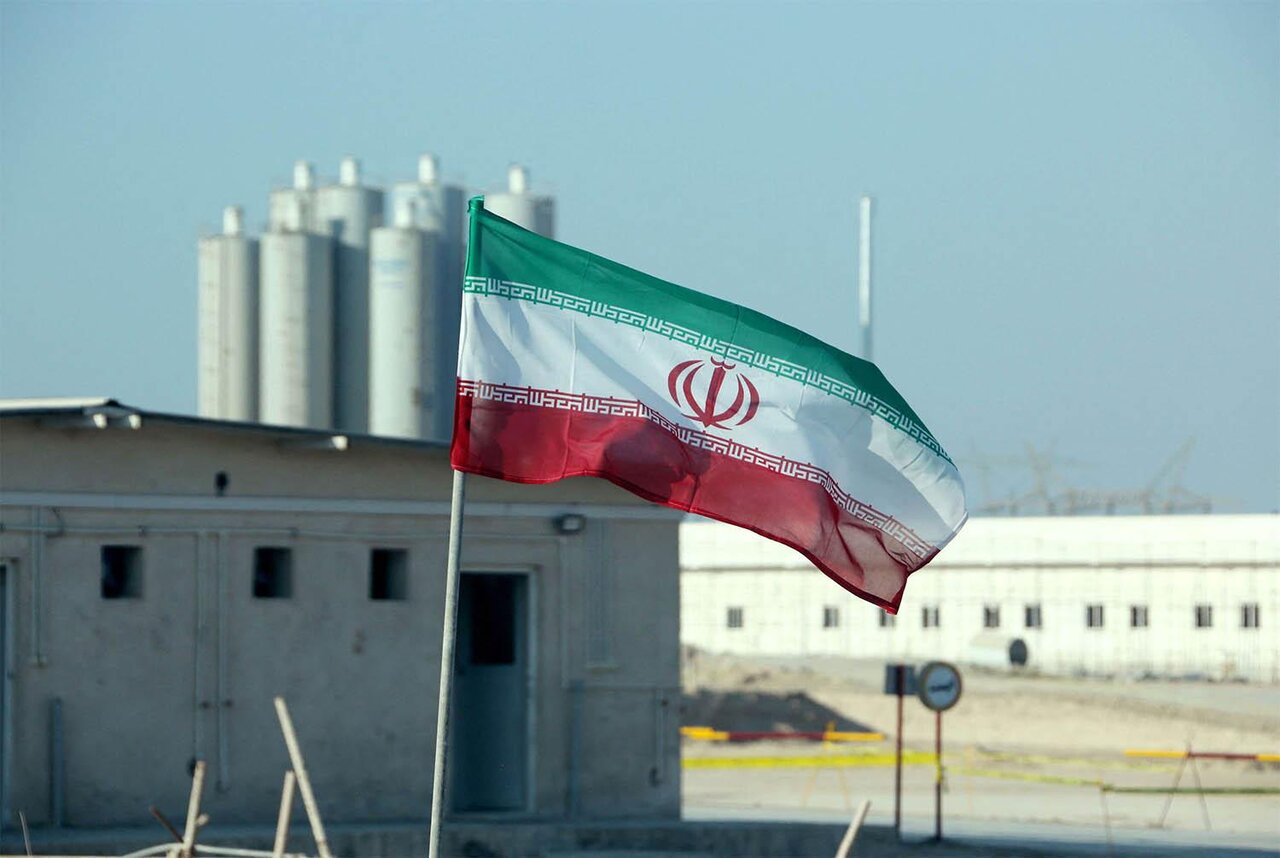Tehran’s national policy unaffected by pressure and threats

MADRID – Leader of the Islamic Revolution Ayatollah Seyyed Ali Khamenei, on Tuesday dismissed “absurd demands” from the United States in the ongoing nuclear negotiations.
In a defiant public address, he emphasized that Tehran would not seek permission from any foreign power to enrich uranium, asserting that the Islamic Republic would continue on its sovereign path and reject all external impositions.
“They say, ‘We will not allow Iran to enrich uranium.’ That’s a fantasy. No one in Iran is waiting for their permission,” Ayatollah Khamenei declared during a commemorative event in Tehran. “The Islamic Republic has its own policies and will not change them under threat or pressure,” he added.
His remarks come at a time of growing caution surrounding the negotiation process, with major disagreements still unresolved. Despite ongoing contacts, the dialogue continues under mounting tensions and with little clarity on the next steps. Meanwhile, a media campaign in outlets aligned with Washington has increasingly painted Iran as the primary obstacle to progress—an approach Tehran sees as a deliberate attempt to shape international perception and preemptively shift blame for any collapse in talks onto the Iranian side.
Between diplomacy and spin: nuclear deal’s precarious balance
Ayatollah Khamenei’s speech is not seen as an isolated outburst. From Iran’s perspective, the negotiation process has been marred by unilateral demands that, rather than facilitating an agreement, feed the perception that Washington is more focused on imposing its narrative than on reaching a balanced compromise.
The U.S. position continues to tie any deal to a total halt in uranium enrichment—something Tehran deems unacceptable, as it undermines its rights under the Nuclear Non-Proliferation Treaty (NPT) to pursue peaceful nuclear technology. Iran, a signatory to the NPT, maintains its activities remain within the treaty’s legal framework.
Against this backdrop, Iranian Foreign Ministry spokesperson Esmaeil Baghaei stated this week that Iran had not received any formal proposal from the U.S., contradicting claims in Western media. “There have been verbal ideas, but nothing formal has been submitted,” he said.
Washington’s strategy appears increasingly focused on managing public perception rather than advancing meaningful diplomacy. Rather than aiming for practical solutions, the U.S. is seen as trying to shape the global narrative in a way that preemptively blames Iran for any breakdown. This, Iranian officials argue, undermines the trust required to reach a lasting agreement.
Tehran Dialogue Forum: a bet on regional diplomacy
In parallel with Ayatollah Khamenei’s comments, Tehran hosted the Tehran Dialogue Forum, which brought together senior Iranian officials and regional representatives to discuss West Asia’s role in shaping its own political and diplomatic future.
During the event, President Masoud Pezeshkian stressed that “Iran’s right to a peaceful nuclear program is non-negotiable,” reiterating that neither sanctions nor threats would change the country’s stance. “We are signatories to the NPT. Our rights must be respected, just like those of all nations under international treaties,” he emphasized.
Kamal Kharrazi, head of the Strategic Council on Foreign Relations and adviser to Ayatollah Khamenei, used the forum to respond to military threats from Israel and the U.S. against Iran’s nuclear sites. “Iran’s nuclear knowledge is indigenous and irreversible. We do not seek nuclear weapons, but a nuclear-free Middle East should be a shared goal,” he said.
Rising regional tensions and a lack of trust in Western guarantees have driven Tehran to deepen ties with neighboring countries in pursuit of a more independent regional security architecture. In this context, Foreign Minister Abbas Araghchi held a trilateral meeting with his counterparts from Oman and Qatar. Oman’s Sayyid Badr Albusaidi praised Iran as a responsible actor and reaffirmed Muscat’s trust in diplomacy. Meanwhile, Qatar’s Prime Minister, Mohammed bin Abdulrahman Al Thani, voiced support on social media for nuclear talks mediated by Oman, advocating for “greater regional stability and opportunities for dialogue.”
An uncertain but still open future
In this tense context, the future of nuclear negotiations remains uncertain. Yet, Iran continues to show readiness to engage—so long as any potential agreement is based on mutual respect and upholds its sovereign rights without compromise.
Tehran has repeated its willingness to engage, but insists on a balanced, transparent, and pressure-free approach. In its view, any failure cannot solely be blamed on Iran’s stance but must also consider the deliberate crafting of a narrative that places the blame on Tehran before the process even ends.
Leave a Comment